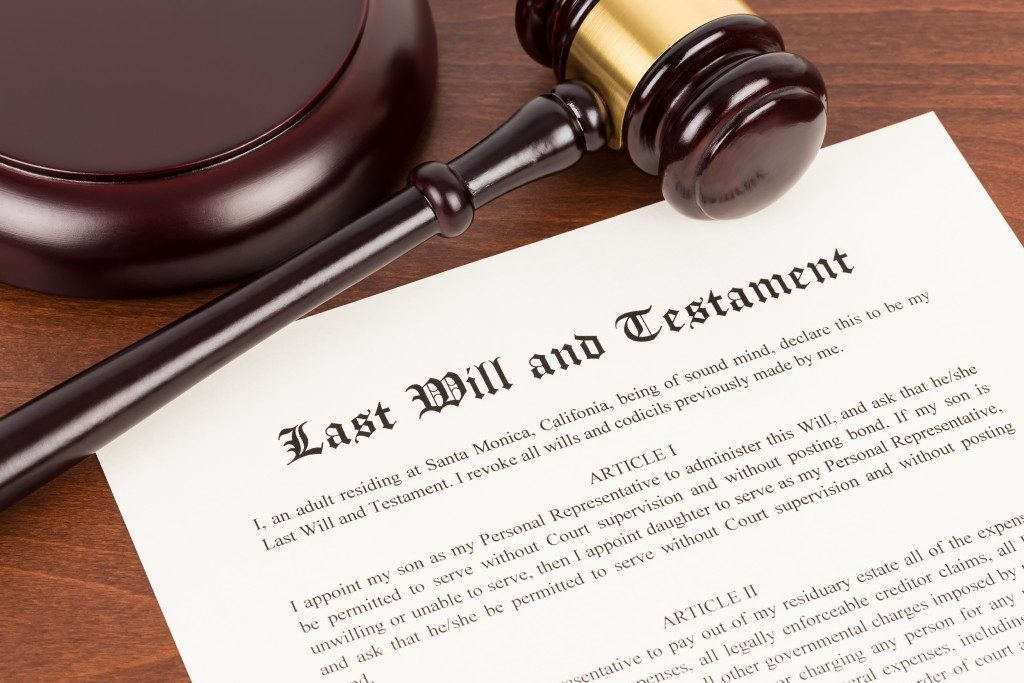When people get left out of a will, they get hurt. They cut ties with the family. Some may never speak to their parents or their siblings ever again. How would you feel if you were left out of your parents’ will? What would happen if all your siblings got an equal share of the estate and none were left for you? How would you evaluate your relationship with your parents?
When talking about wills in Townsville or other cities, it’s not just about the money. It’s not about how much is given to the other or how much is left to you. It matters to the loved ones left behind because a will is a testament to how the testator sees their relationship with you.
Evaluate Relationships
When someone is disinherited, it makes sense that they feel that the testator did not value the relationship when they were still living. How can you explain a father leaving one daughter out of a will? Does it mean that they loved her less than her siblings? Does it mean that she got her share when he was still living?
How about her siblings? What will they feel about having more than their fair share? Will they think that their father loved them more than the daughter who got left out?
In some instances, a will represents how someone appreciated the history of their relationship with the beneficiaries. Leaving a treasured work of art to a friend instead of your son means that your relationship with that friend is more meaningful to you. Leaving more to your older sister than to your younger one means that you value the other one more.
When there is inequality in the will, the beneficiaries will look deep into their relationships with the testator. It will allow them to reevaluate the relationship, changing the level of what they feel for the departed testator.
Change of Dynamics in the Family
How would you feel if you were the one left out of a will? How about if you were the one who got the lion’s share of the estate? Wouldn’t it feel awkward to talk to your siblings about it? What would you ask? Why did your mom and dad leave you with nothing?
Parents don’t realize how disinheritance affects the relationship among the siblings. It changes the whole dynamic of a relationship. Why couldn’t everyone have an equal share of the estate? An inheritance should be a gift and not a right. That’s a well-known fact. But parents should treat their children equally in the will because it can forever damage them.
As parents, you want your children to grow closer together when you die. You want them to be there for each other the same way you would if you’re alive. Inheritance has the power to turn all that into an ugly mess.
So what’s the best way to divide your estate among your loved ones? Do it when you’re still alive. Talk about inheritance when you still can. Be prepared for any eventualities. There is no reason to fear the death talk. Clear the cobwebs and explain your side. Your loved ones should hear your reasons rather than make assumptions when you’re gone.
